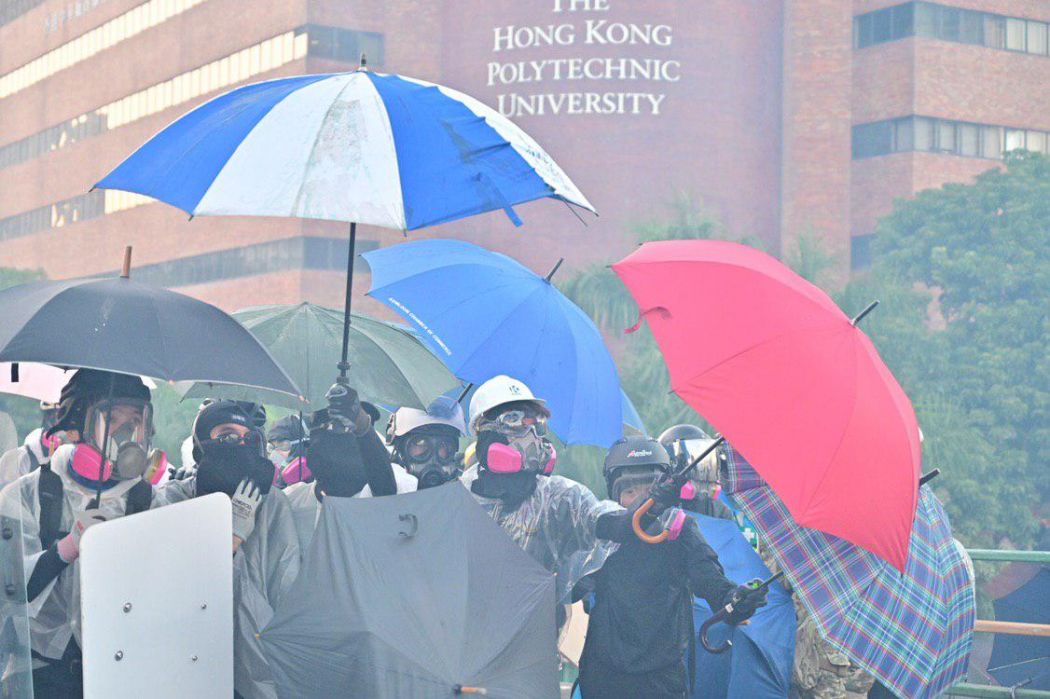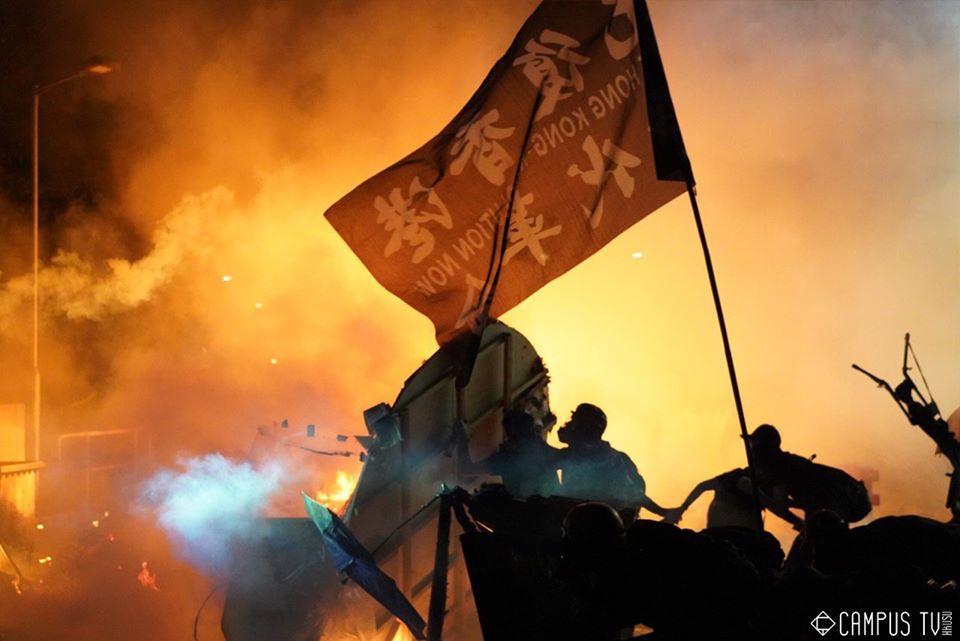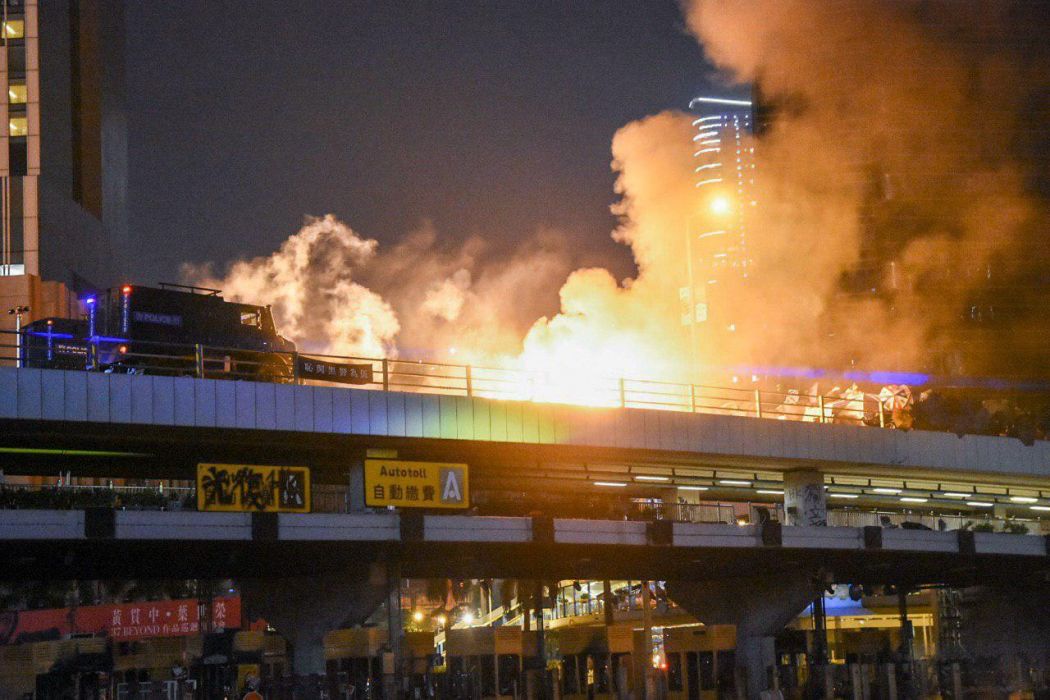The Chinese Communist Party’s retaliation against institutions in Hong Kong that the party perceives as disloyal has been swift. First, a little background. Last Sunday, the people of Hong Kong voted in record numbers in district council elections to punish the government and its supporters for the chaos here.
Let’s remember that the Hong Kong government’s mismanagement of the extradition bill for the last six months brought protesters out on to the streets. The Hong Kong government’s continued refusal to take responsibility for its misconduct continues to fan the flames.
To this must be added the government’s reliance on only the police to govern, and police misconduct, have made matters worse. So, Hong Kong people voted out pro-government parties in record numbers.
Clearly large numbers of people in the city support the protests. The “silent majority” demands the government be held to account. The government’s response so far: we’ll reflect on this.
Part of the process involved protesters calling for a general strike from November 11. Demonstrators took over universities located near major transportation arteries and caused havoc. They closed the East Rail, Tolo highway, the Hung Hom cross-harbour tunnel, and Pokfulam Road – all major transportation links. The public, and even our myopic government, noticed.

University students and others took over university campuses, located next to these transportation links. They attempted to enforce the strike. We saw a spike in violence, which no rational person can endorse. In the process, university administrators closed their institutions and cancelled classes for the rest of the semester.
And still the people of Hong Kong, for the most part, stood with the protests, demanding accountable government. The Hong Kong government’s response: noted.
The Chinese Communist Party announced on November 1 at its Central Committee plenum that it would implement new policies for Hong Kong to put down the protests. It appears that university funding is an early target. The party has instructed its proxies in the Legislative Council to veto new funding for local universities.
As one “anonymous” Legco member reportedly said: The pro-government camp was ‘very unhappy’ with what had recently happened in universities and perceived that university leaders had ‘failed to control’ their own institutions.

Our funding system for universities dates back to 1965 when the government set up the University Grants Committee, an imported colonial device. The UGC is supposed to act as a buffer between the government and the universities to ensure their relative autonomy.
The community needs this to ensure that research and teaching “seek truth from facts” – in the words of Deng Xiaoping. Academic freedom, which is also not absolute, requires relatively autonomous universities.
Universities in Hong Kong are public institutions, supported by Hong Kong tax revenue, and should be publicly accountable. Generally, they are accountable through Legco oversight, audit, the Independent Commission Against Corruption, and the media.
Since 2012, the government has tightened control of universities through its appointment of university council members and chairs. Beijing may now judge that this policy has failed to have the desired effect. So, the CCP has turned to another tool – funding – to punish universities for what the party perceives as political disloyalty.
The party is using existing (colonial) institutions in Hong Kong to execute this policy. Previously, the party used mostly carrots rather than sticks to manage our universities. Carrots included huge research funding, and access to facilities, land, collaboration, students and staff based on the mainland. In truth, Hong Kong’s universities needed these resources to thrive.

Apparently, Beijing now believes that universities must be punished for failing to stand by our incompetent government. Rather the party continues to endorse the government’s failures.
No, the Chief Executive said, the party has not held me accountable for mismanaging the city. To punish the universities for pointing out the government’s misconduct is a disturbing development. It undermines decades of work to improve the reputation of universities in Hong Kong, that has been largely successful.
Our universities’ reputation is built on a separate identity from the Communist Party and the government. As the party teaches Hong Kong and its universities a lesson, we are moving further down the road to becoming just like the mainland, and the collapse of “one country, two systems.” Oh, and we’re doing this using our very own institutions. What an irony.
